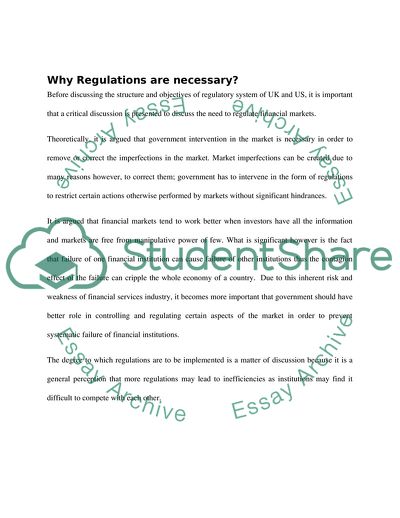Cite this document
(UK's Regulatory System Report Example | Topics and Well Written Essays - 1500 words, n.d.)
UK's Regulatory System Report Example | Topics and Well Written Essays - 1500 words. https://studentshare.org/marketing/1740537-fs2008
UK's Regulatory System Report Example | Topics and Well Written Essays - 1500 words. https://studentshare.org/marketing/1740537-fs2008
(UK'S Regulatory System Report Example | Topics and Well Written Essays - 1500 Words)
UK'S Regulatory System Report Example | Topics and Well Written Essays - 1500 Words. https://studentshare.org/marketing/1740537-fs2008.
UK'S Regulatory System Report Example | Topics and Well Written Essays - 1500 Words. https://studentshare.org/marketing/1740537-fs2008.
“UK'S Regulatory System Report Example | Topics and Well Written Essays - 1500 Words”. https://studentshare.org/marketing/1740537-fs2008.


